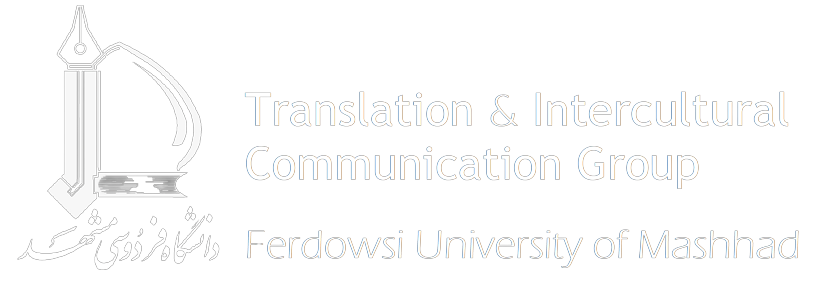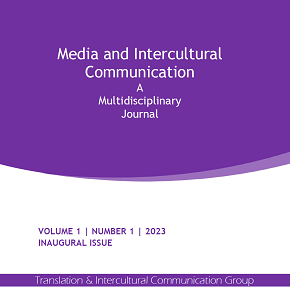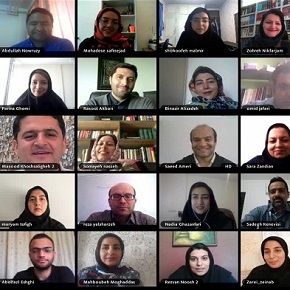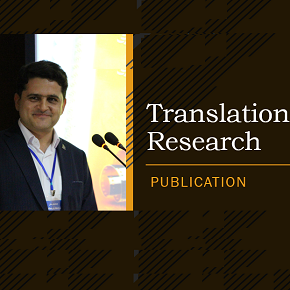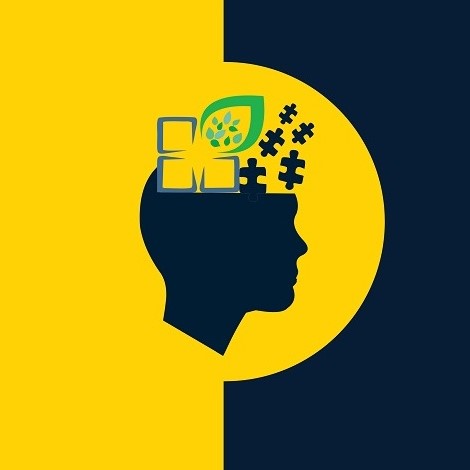When Rhythm Becomes Resistance: Transcreating Songs in Arabic | Dr. Rashid Yahiaoui
Abstract
Music is said to be the art of thinking in sound, a site where tones can be translated into aesthetic resistance. It has the power to invigorate national identities and cultural heritage as well as the potential to create nuanced contrapuntal spaces to protest against structures of oppression. Transcreating songs can assert or negotiate power dynamics and reinterpret political discourse. Although a fertile ground for analysis, song translation, in relation to activism and creativity in particular, is relatively a nascent field with scant research which, looking at the Arab landscape, is even scantier. The present paper contributes to closing the gap by probing into active engagement with music and its testimonial qualities to national identity and political struggle. Martin and White’s appraisal theory (2005) is employed to display how transcreated songs are imbued with political and religious overtones to accommodate specific motivations or agenda. As a case study, we analyze ten Spacetoon songs which a group of Yemeni artists transcreated into Arabic to signal their Palestinian solidarity amid Arab normalizations. Thus, the purpose of this paper is to shed light on how re-versioned songs –also called pseudo-translation (Toury 1995) and text replacement (Low 2013)– transcend linguistic borders and elevate the status of the original to create positive change and advocate resistance. The research concludes that Medley Palestine (the term the artists use) is an evaluative statement about the Israeli occupation on one hand, and an attempt to instill Islamic values and recover Arab gallantry on the other.
Keywords: Song translation, Spacetoon, Transcreation, Appraisal theory, Replacement texts.
About the Speaker
Rashid Yahiaoui is an Audiovisual Translation and Translation Studies Associate Professor at Hamad bin Khalifa University. He holds a Ph.D. in Translation and Cultural Studies from London Metropolitan University and an MA in Translation and Interpreting from the University of Salford, UK. His research analyses discourse within social contexts, particularly in audiovisual and media translation. He explores the profound impact and subversive manipulation in this digital age, revealing hidden messages within video and static images. In his academic pursuits, Rashid delves into the intricate interplay between language, society, and the underlying socio-cultural and ideological motifs manifest in translation. He critically examines the complexities of translation as a fertile ground for 'ideological encounters,' where shifts and alterations can carry significant implications. Rashid's expertise lies in unravelling the nuanced connections between language use and the socio-cultural contexts in which it operates. By analysing audiovisual and media translation, he sheds light on the far-reaching impact of these texts in the digital era, revealing how subtle changes can shape perceptions and understanding. Through his investigations, Rashid contributes valuable insights to the field of translation studies, fostering a deeper appreciation for the power and creativity inherent in the translation process.
